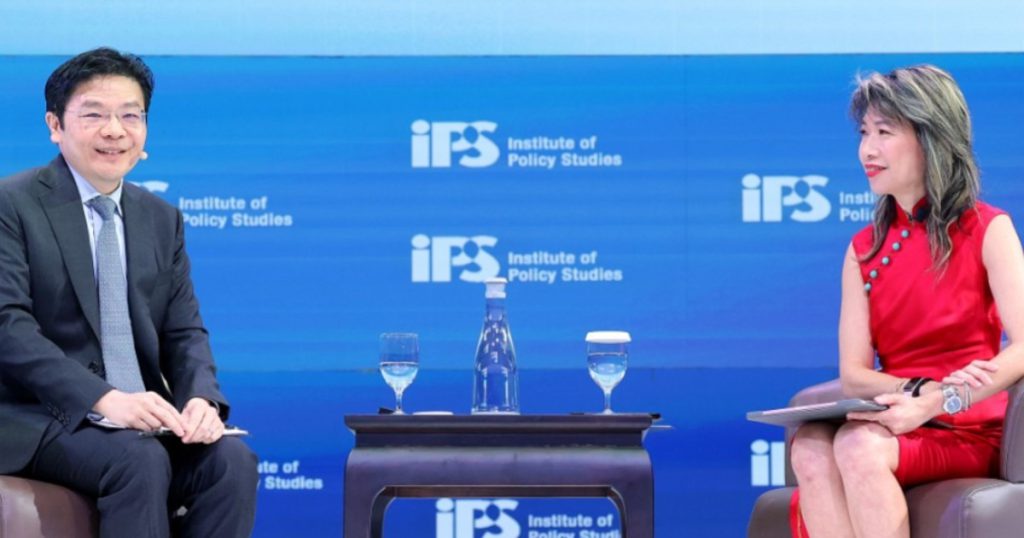Earlier this month, Deputy Prime Minister and Minister for Finance Lawrence Wong gave a speech at the Singapore Perspectives Conference organised by the Institute of Policy Studies.
In his speech, he touched on the future of work and the technological advancements disrupting industries everywhere.
The million-dollar question is, will we benefit from these changes, or is the rise of machines something to worry about?
Man vs machines

These days, we are already seeing increasing automation beyond factories. From supermarket checkouts to passport control, machines are fast replacing human labour.
For young and upwardly mobile professionals, such changes are not just embraced. In fact, they are revered as the norm.
However, the same cannot be said for older, mid-career workers — those whose skills are seen as less ‘current’ by definition, and therefore at greater risk of career disruption, said Minister Wong.
The fear of being made obsolete is real, he added.
After all, machines are faster and more accurate. They don’t take breaks and cost less to run in the long term.
From a business point of view, wouldn’t it make economic sense to invest in sturdy and predictable machines?
But what will happen to the human labour who are displaced? Do they have the requisite skills to work alongside machines or find new jobs in a different industry?
For those unable to adapt, are they doomed to become a fossilised workforce of a bygone era?
The changing nature of jobs

Many of the most in-demand jobs today are unheard of 20 years ago, and the cycle is likely to continue. As technology eradicates some jobs, new ones will be created.
Therefore, the fear that technology would render us obsolete is irrational hysteria. In fact, it seems to imply that we are a passive and feckless bunch incapable of finding our way around the tsunamis of change.
The truth is, there are many things we can do to ensure our survival in this rapidly changing world.
For a start, lifelong learning. A rhetoric expounded by the government ad nauseam, but one that deserves merit.
Technology has accelerated the growth and output of knowledge. Hence, the best way to thrive is to become a sponge, soaking up new skills and building on prior expertise with continuous training and upgrading.
Think of our brain as an operating system that needs constant updates, whereby not doing so would make us susceptible to threats.
As Singaporeans, we are lucky in the sense that continuous education is not just the lip service of politicians, but practically written into policy.
Besides being given money to enrol in heavily subsidised professional training courses, there are traineeships and mid-career pathways to help us take advantage of new opportunities and growing sectors.
The working landscape has evolved, and we can no longer expect to do the same job forever as the boomer generation has done.
But by changing our mindset and seizing the right opportunities, we can overcome the disruptions ahead and ride the technological wave instead. After all, the future of work is bright in Singapore.
Featured Image Credit: Prime Minister’s Office
Also Read: Where are they now? A look at 10 crypto companies that were actively hiring in S’pore in 2022










